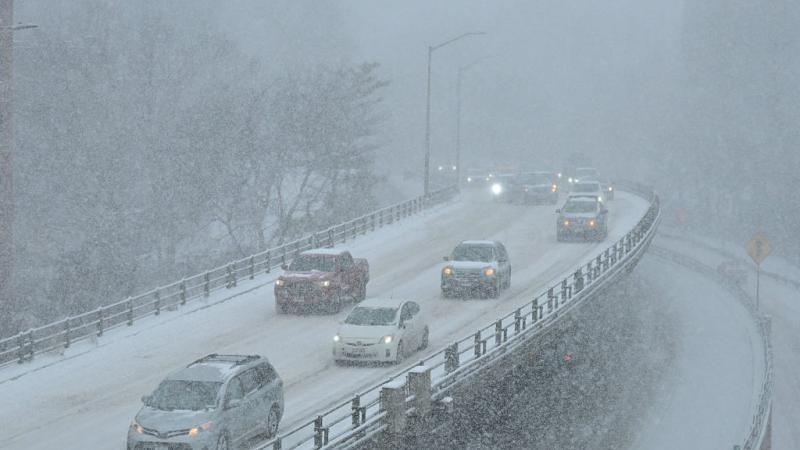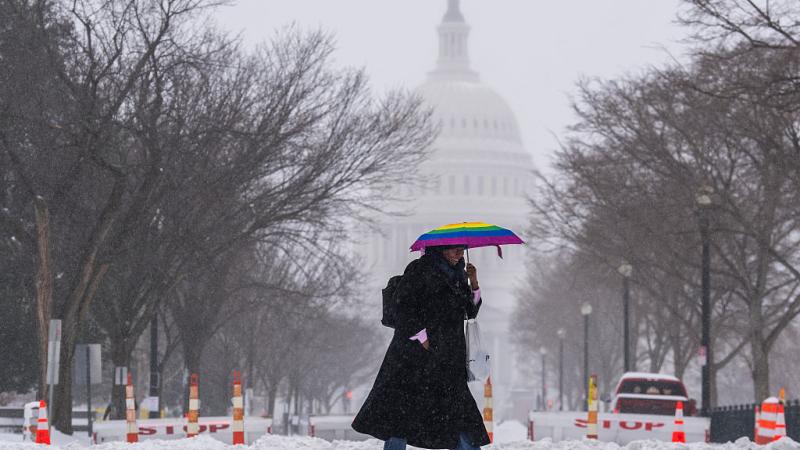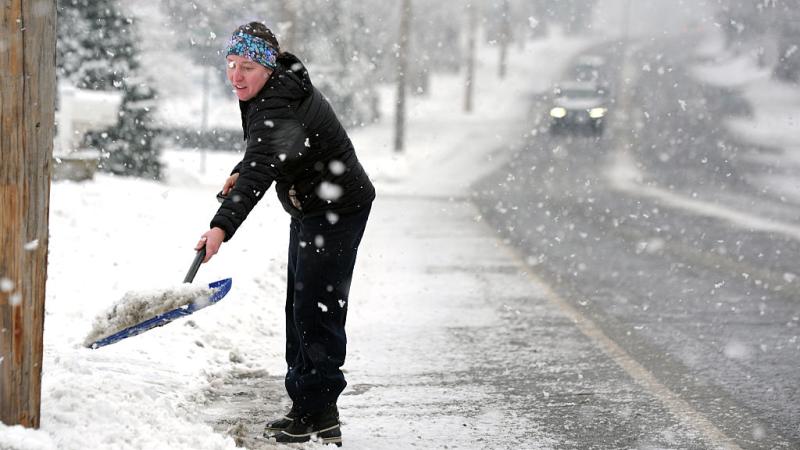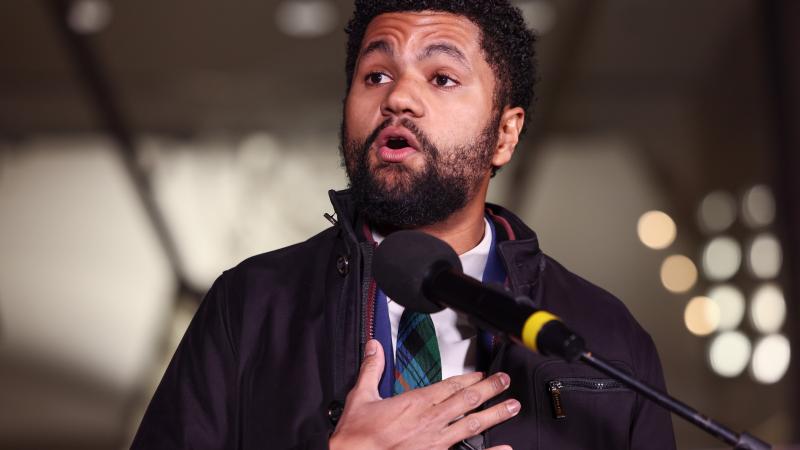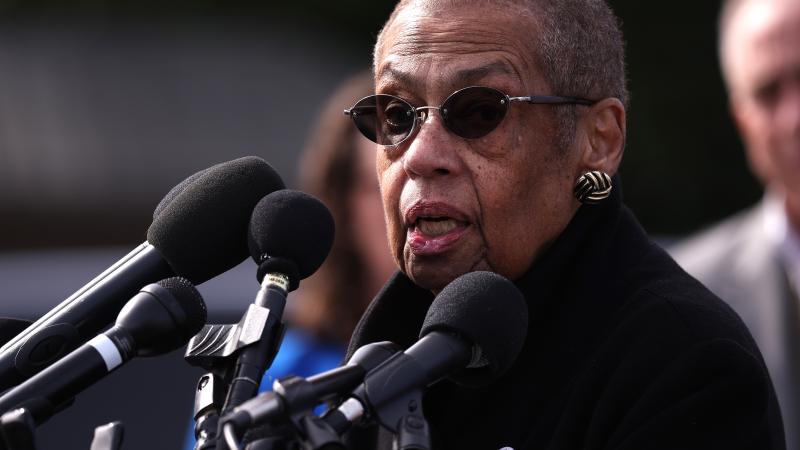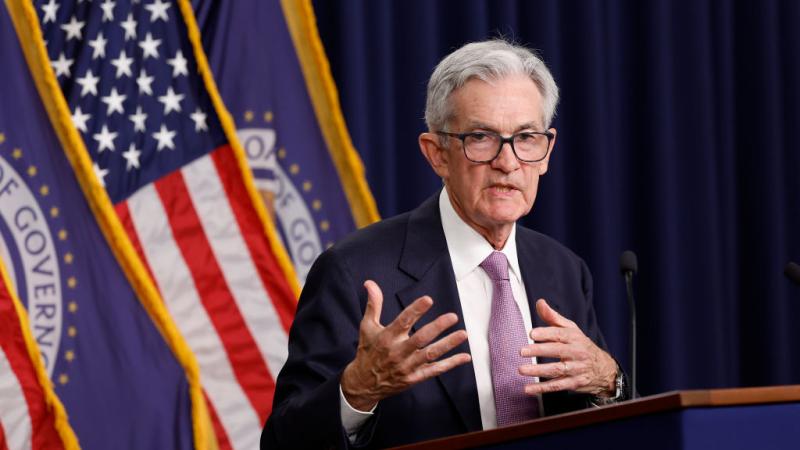Washington state test scores still below pre-pandemic levels despite massive student spending
Federal government requires state tests given to eighth-graders and 10th-graders each spring, but states can choose which test to use.
(The Center Square) -
Test scores for students in reading and math show slight improvements this year, according to data released this week from the Washington Office of the Superintendent of Public Instruction, but are still significantly below pre-pandemic levels.
The federal government requires state tests given to eighth-graders and 10th-graders each spring, but states can choose which test to use.
Washington uses the Smarter Balanced Assessment, a comprehensive, computer-based assessment program for English language arts/literacy and mathematics.
According to OSPI, 71% of students were determined to have “foundational” knowledge at grade level or above in English Language Arts, while 63% of students exhibited grade-level knowledge or above in math.
Reykdal noted that compared to the other 11 states that also use the Smarter Balanced testing, Washington students are scoring in the upper half.
“There are student populations that need additional investment,” Reykdal said at a Wednesday news conference. “Which is a good time to remind everybody that this state is not going to walk away from those additional investments. And yet there are folks in the federal government who are threatening our dollars because they say that’s DEI.”
Reykdal said focusing on equity and diversity has helped close the achievement gap in Washington.
“When you’re thinking about inclusion and how do we get their families more involved, those are core DEI principles, which are vilified by some,” he said. “Not here in Washington state. Those kinds of investments have moved the needle.”
Reykdal said threats from the federal government regarding DEI initiatives in Washington schools will “imperil this or make it worse if we don’t focus on the needs of our state.”
He suggested that low test scores for some students do not mean they are failing, as some students may not test well on any given day.
Rep. Michael Keaton, R-Puyallup, is the assistant ranking minority member on the House Education Committee. He told The Center Square that, given how much money is being spent per student in Washington, test scores should go up, not down.
The average total per-student spending in Washington is $18,944, based on school districts receiving $39.37 billion from state, local and federal sources in the 2023-25 operating budget.
“States like Idaho, Wyoming, especially Mississippi, that spend a lot less on public education than we do, their scores are rocketing up,” Keaton reasoned.
He noted that students are distracted and divided in the classroom because so many other social pressures have infiltrated the classroom.
"Let's look at the culture of the classroom and what the focus is on,” Keaton said.” Is it on academic success that is based on confidence and having a successful future, or is it on social-political issues? “
The Center Square spoke with Aaron Withe, chief executive officer at the conservative Freedom Foundation think tank, about student test scores.
The Freedom Foundation has led the charge in getting teachers to leave union membership following the 2018 Janus decision.
“It is deeply concerning to see this trajectory,” Withe said. “At the Freedom Foundation, we look at this as the result of teachers' unions and their influence. The culture of the classroom and what the focus is on is in question. Is it on academic success and having a successful future, or is it on social-political issues?
Withe said he’s most concerned about the large percentage of students in the middle who are left out of education guardrails.
“We have a lot of safety nets for the ones that are really tough, and it's really difficult for them to get through the day,” he said. “We have some programs for the high performers. But it's the vast middle, you know, the 70% in the middle, that just seems to be just pushed through and ignored, and their potential is not being optimized,” he said.
He suggested that keeping politics and other social pressures out of school would improve outcomes.
“We have to keep politics out of the classroom,” Withe said. “We just have to focus on a positive culture in the classroom where we're going to learn something today and you’re going to be able to take this and apply it and find out what kids really want to do in their life and let them find their pathway.”
Reykdal said he intends to ask lawmakers during the 2026 session for $10 million for educational efforts in addition to other legislative asks yet to be detailed.
